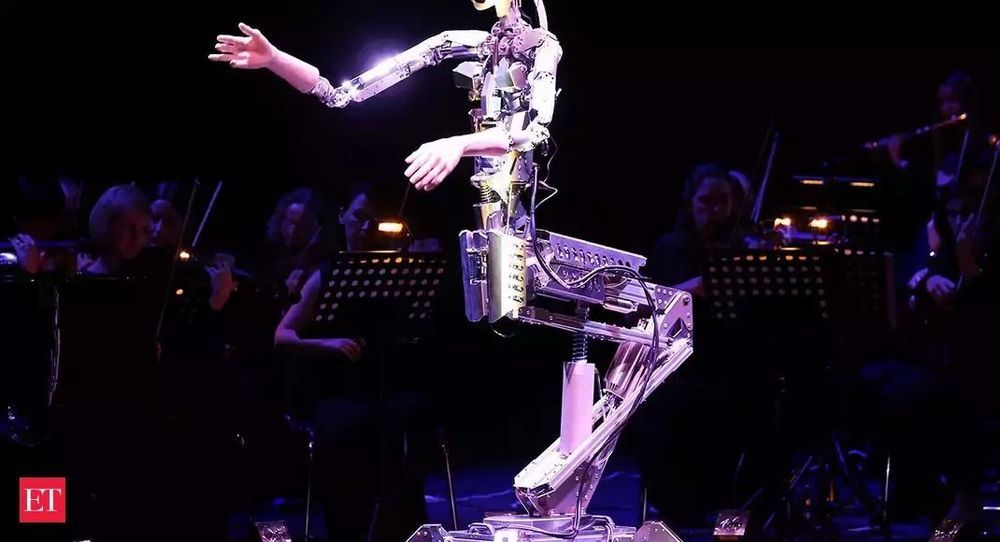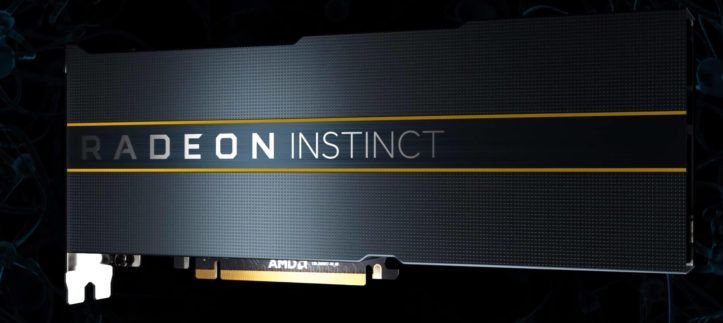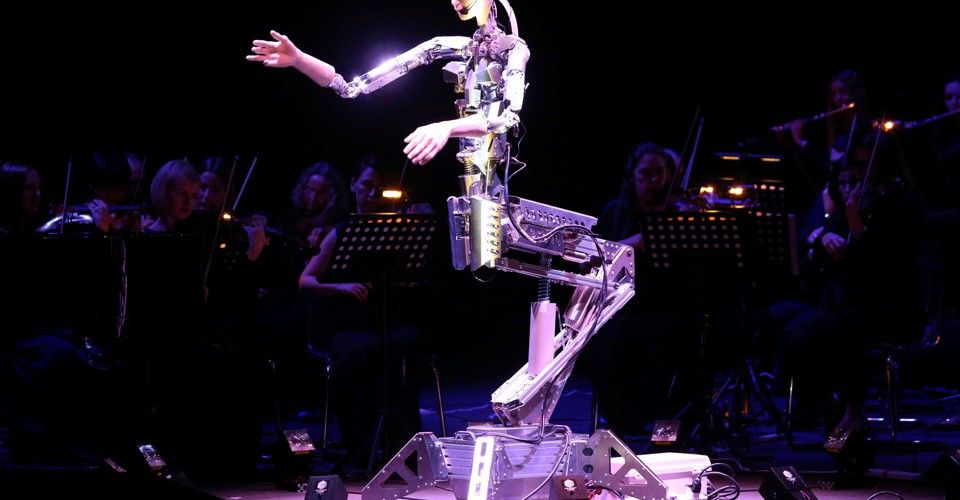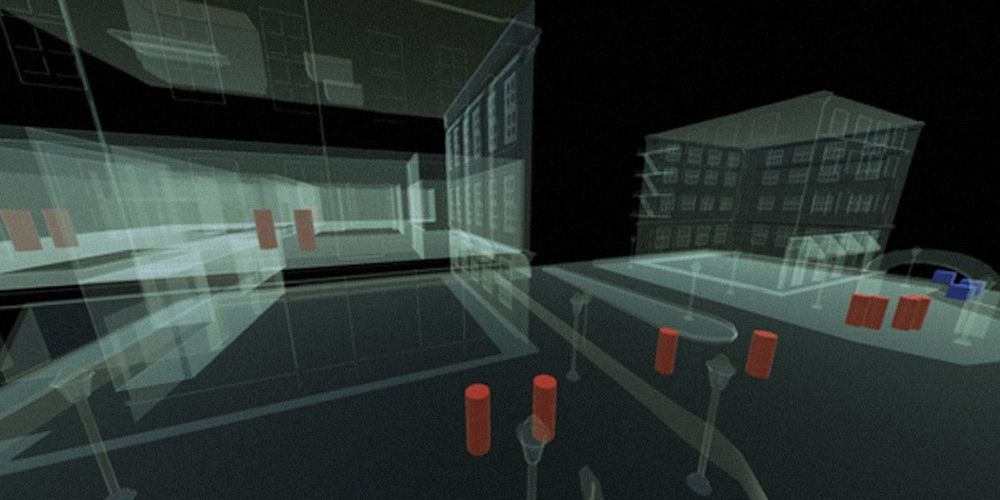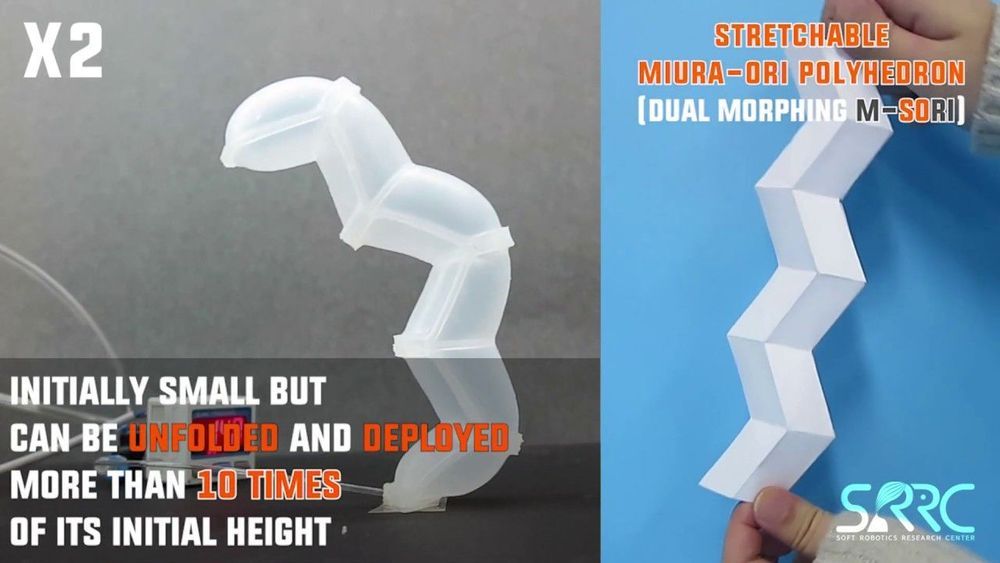Feb 10, 2020
Particle Tracking at CERN with Machine Learning
Posted by Genevieve Klien in categories: information science, nuclear energy, particle physics, robotics/AI
TrackML was a Kaggle competition in 2018 with $25 000 in cash prizes where the challenge was to reconstruct particle tracks from 3D points left in silicon detectors. CERN (the European Organization for Nuclear Research) provided data over particles collision events. The rate at which they occur over there is in the neighborhood of hundreds of millions of collisions per second, or tens of petabytes per year. There is a clear need to be as efficient as possible when sifting through such an amount of data, and this is where machine learning methods may be of help.
Particles, in this case protons, are boosted to high energies inside the Large Hadron Collider (LHC) — each beam can reach 6.5 TeV giving a total of 13 TeV when colliding. Electromagnetic fields are used to accelerate the electrically charged protons in a 27 kilometers long loop. When the proton beams collide they produce a diverse set of subatomic byproducts which quickly decay, holding valuable information for some of the most fundamental questions in physics.
Detectors are made of layers upon layers of subdetectors, each designed to look for specific particles or properties. There are calorimeters that measure energy, particle-identification detectors to pin down what kind of particle it is and tracking devices to calculate the path of a particle. [1] We are of course interested in the tracking, tiny electrical signals are recorded as particles move through those types of detectors. What I will discuss is methods to reconstruct these recorded patterns of tracks, specifically algorithms involving machine learning.



